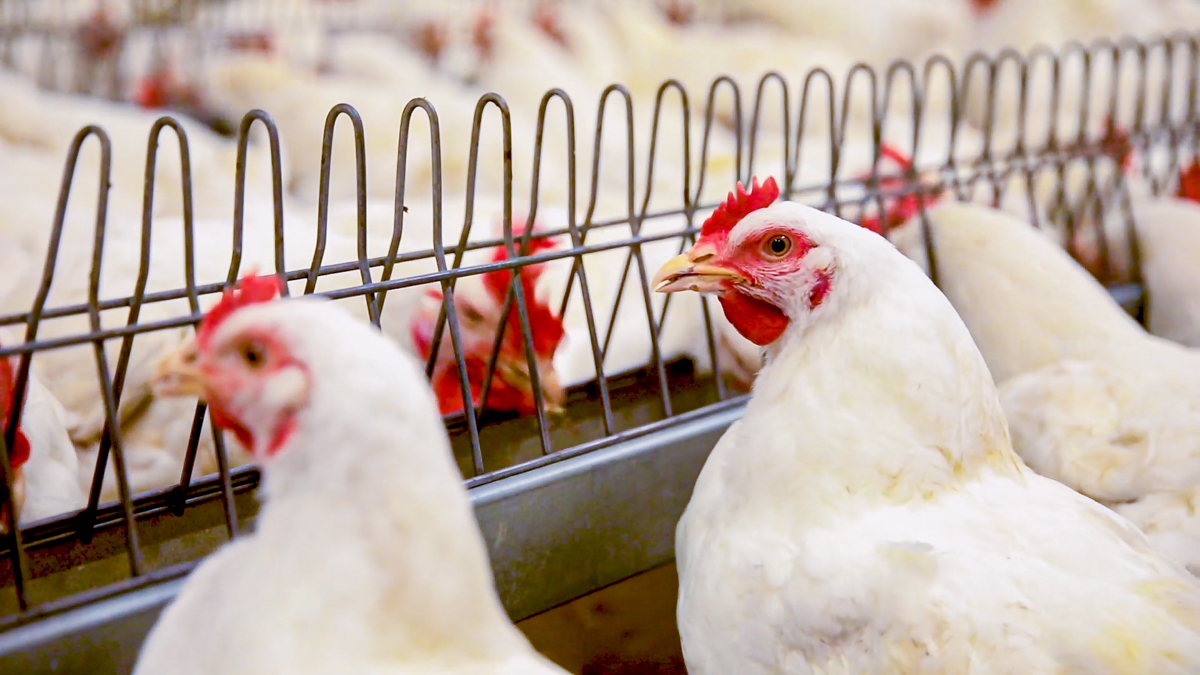Northern Ireland’s chief veterinary officer has introduced further heightened biosecurity measures following a second suspected outbreak of highly-pathogenic avian influenza (HPAI H5N8) on a commercial farm in the region.
Cases of H5N8 were suspected on a farm in Lisburn, Co. Antrim, and come just a week after a vet raised suspicions of the disease on a 30,000-bird farm in Clough, Co. Antrim, on New Year’s Eve.
Initial testing is understood to indicate that it is likely the highly-pathogenic strain of the disease is present on both farms. However, both outbreaks have yet to be officially confirmed.
An update from the department issued to bird keepers read: “A suspect case of avian influenza is being investigated at a holding in Lisburn, Co. Antrim.
Based on the clinical signs and initial results provided by the Agri-Food and Biosciences Institute (AFBI) the chief veterinary officer has taken the decision to depopulate the site and introduce Temporary Control Zones (TCZ) to mitigate for onward disease spread.
“Full details of the scope and measures required within the TCZ are to be confirmed.”
The Temporary Control Zones place statutory requirements on all poultry keepers included in the area – including record keeping and enhanced biosecurity measures.
There are also restrictions on the movement of poultry, other captive birds, eggs, poultry meat, litter and mammals onto or off premises where poultry is kept.
As a notifiable disease, there is a two-step process to confirm the disease in the UK.
The Agri-Food and Biosciences Institute (AFBI) has carried out initial tests; however, further testing must then be carried out by the National Reference Laboratory at APHA-Weybridge.
Avian influenza restrictions
Disease control measures for flocks were introduced in Northern Ireland on December 1, in the form of an Avian Influenza Prevention Zone.
It was soon followed by a housing order on December 23, which meant that, by law, all birds must be kept indoors and follow strict biosecurity measures.
The measures apply to all kept birds in the region – whether they are kept for commercial or hobby reasons regardless of flock size.
The decision to ramp up restrictions followed the confirmation of several cases of the highly-pathogenic strain in wild birds across Northern Ireland.
The measures include:
- A ban on bird gatherings;
- A requirement that poultry or other captive birds are provided with food and water to which wild birds have no access;
- Avoiding transfer of contamination between premises by cleansing and disinfecting equipment, vehicles and footwear;
- Separating wild waterfowl (ducks and geese) from domestic species; and
- Reducing the movement of people, vehicles or equipment to and from areas where poultry or captive birds are kept.

